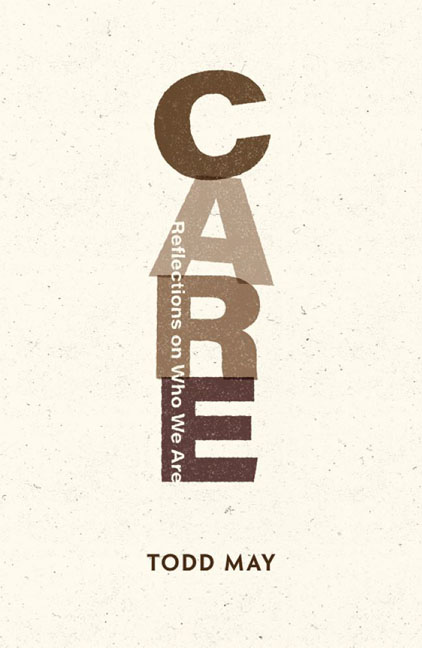4 - Caring for ourselves
Published online by Cambridge University Press: 23 January 2024
Summary
If I had a dollar for every self-care book on the market, I’d be standing on a street corner handing this book out for free. There are thousands and thousands of them: emotional, spiritual, mindful, mental, health; for men, women, people with ADHD, people without ADHD, people who overthink, people who underthink, people with immature parents, people with substance abuse problems, narcissistic people, teenagers, dummies, breastfeeders, cats; there is even witchcraft for self-care, which, okay, is kind of intriguing.
This chapter isn't going to offer a bunch of advice about how to take care of yourself. (I’m hardly the person to do that.) Instead, it will consider one thinker's suggestion for a way to think about our lives as a whole. But mostly it's interested in the place of self-care in philosophy: how it looks, what role it has, how we might think about it. We’ll start with the place of self-care in traditional moral theories, then turn again to Harry Frankfurt and his interesting suggestion that self-love is the purest form of love, and finally to a historical view of self-care offered by the philosopher and historian Michel Foucault. All three traditional Western moral theories – consequentialism, deontology, virtue ethics – offer a moral allowance for a person to look after themselves. Whether we would want to call these moral places “self-care” is another issue, one we’ll look into as we canvas each theory. None of them, however, require complete self-sacrifice in the name of moral rectitude. Morality isn’t, in these views, just about altruism, although in the end they’re all pretty stringent.
Consequentialism, especially in its most common form of utilitarianism, says that your interests don't count any more than anyone else’s. But they don't count for any less, either. Recall that consequentialism is interested in the results, or consequences, of an act. In its most popular utilitarian version, it focuses on happiness. More happiness, better; less happiness, worse. This is easy to misunderstand. More happiness doesn't mean happiness for more people. It just means more total happiness.
- Type
- Chapter
- Information
- CareReflections on Who We Are, pp. 89 - 108Publisher: Agenda PublishingPrint publication year: 2023



